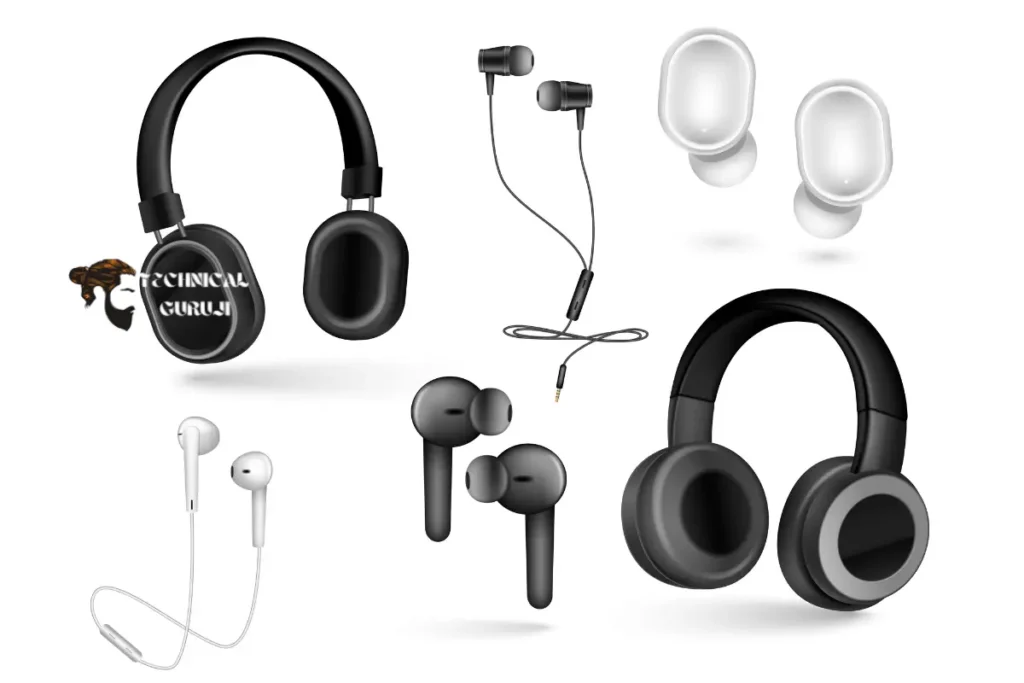When you are considering purchasing a new pair of headphones, the first question that you may have is the difference between on-ear vs over-ear headphones. These two favorites each have their advantages, and are ideal for different scenarios. In this article, we’ll take a closer look at the differences and help you decide which one is best.
What Are On-Ear Headphones?
On-ear headphones, which also go by the name supra-aural headphones, sit directly on your ears. They tend to be smaller and lighter than over-ear headphones. Since they don’t enclose the ear, they let more airflow in, which can keep your ears cooler on long listening sessions.
Pros of On-Ear Headphones:
- Compact and portable
- Lighter on the head
- Often cheaper than over-ear models
Cons of On-Ear Headphones:
- May cause ear fatigue after long use
- Less noise isolation
- Can leak sound
On-ear headphones are a good choice for people who want a more portable option, especially for commuting or traveling.

What Are Over-Ear Headphones?
Over-ear headphones, also called circumaural headphones, have large ear cups that go around your ears. They create a seal, which helps block out external noise and gives a more immersive sound experience.
- Pros of Over-Ear Headphones:
- Better sound quality and bass
- More comfortable for long use
- Great noise isolation
- Cons of Over-Ear Headphones:
- Larger and heavier
- Less portable
- Can get warm with extended use
Premium over-ear headphones are for home use, gaming, studio work or anyone else who needs the best sound and comfort.
On-Ear vs Over-Ear: What’s The Best?
The decision of on-ear vs over-ear headphones is determined by how you’re going to use it. If you’re always moving around and like something more lightweight, on-ear it may be. But if you prioritize sound quality and comfort most, over-ear headphones are often the better choice.
Frequently Asked Questions
Are over-ear headphones good for working out?
Yes, a lot of people love them for working out — they’re lighter and don’t cover the entire ear. Just be sure they fit well and will not fall off.
Which kind is better for noise canceling?
Over-ear headphones tend to have stronger passive and active noise cancellation because the ear cup encloses the whole ear.
Do on ear headphones hurt your ears?
They can — especially after prolonged use — because they press directly against the ears. Padding and fit quality are very important.
Do over-ear headphones take up too much space on the road?
They are more cumbersome than on-ear models, though some over-ear headphones can fold for travel.
Final Thoughts
On-ear vs over-ear ear headphones: There is no one-size-fits-all answer when it comes to on-ear vs over-ear ear headphones. Consider what really matters to you — portability, comfort and sound quality, for example. They’re both great in the right situation. Pick the one that best suits your lifestyle!








